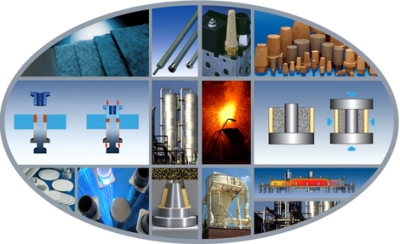
Manufacturing Processes
When we look around ourselves, we would notice that manufacturing processes are applicable in all sections of our lives. From the common means of transport like cars to the numerous food containers at our home, the television sets, computers all are manufactured by processes. This list goes on and on like power tools, aircons, pipes used for delivering water to our places thereby including all the amenities defining our modern society. All the products around us are either manufactured or used as intermediates for manufacturing further products.
The elemental purpose behind manufacturing is to create something useful to mankind. However, this form is fixed or calculated within certain limits. This limit has certain tolerance within which it is acceptable. A “tolerance” outlines geometric accuracy one must achieve within the manufacturing process.
Goals and Core Principles For All Processes
- Performance requirements have to fulfilled, including strength, tolerance, weight)
- The cost of production should be attained by manufacturing final product
- Mass production should be possible with constant quality maintenance.
- The manufactured components must have uniform properties throughout the component.
Manufacturing Materials
All the manufactured materials are made from some basic material. The final properties of the manufactured material are equally important to the tolerance limits. Hence, it is very essential to carefully select the material. The manufacturer should always consider the properties of the material with respect to the final manufactured product prior to selection.
On should also never belittle the manufacturing process itself. Even though the properties of material might be suiting the final product, the final manufactured product might not be effective, economical without a proper manufacturing process. Also, the microscopic structure of the materials might get changed during manufacturing processes, thereby yielding different results in end-products than expected. Hence, a constant feedback should be maintained between manufacturing process and materials optimization.
There are four major types of metal manufacturing processes:
- Casting
- Forming
- Powder Processing
- Machining
Any of the manufacturing processes can be employed to produce a manufactured part. When deciding how to produce manufactured items, a part may require a combination of these processes to facilitate its completion. For example, a cast part may require some machining before it becomes the final product. Or, a part may be produced through a powder metallurgy process, then undergo some kind of metal forming operation. The following blog articles would describe the methods and techniques involved in each of the manufacturing processes.
This entry was posted on Wednesday, April 16th, 2014 at 8:03 pm and is belong to category Blog.




